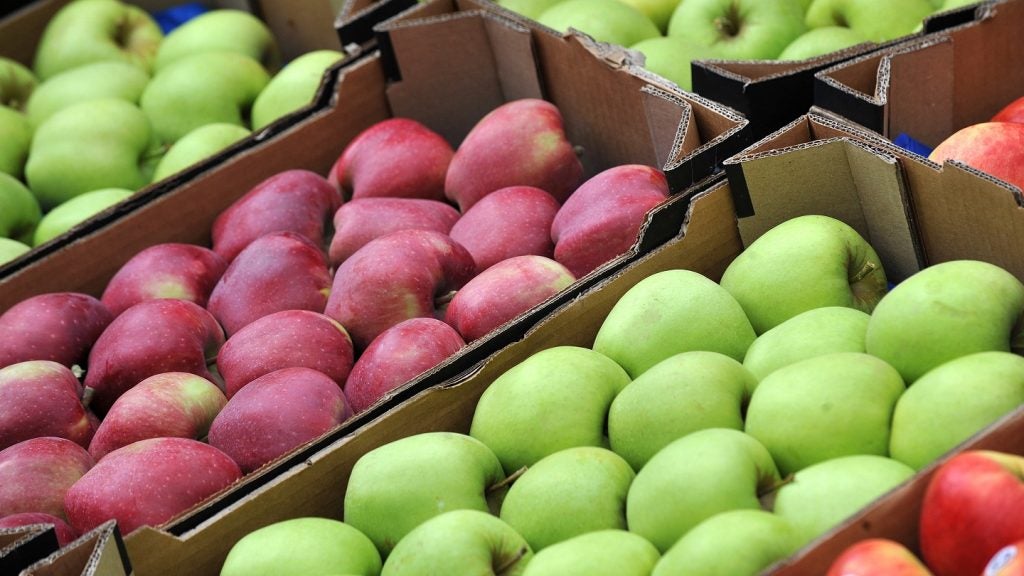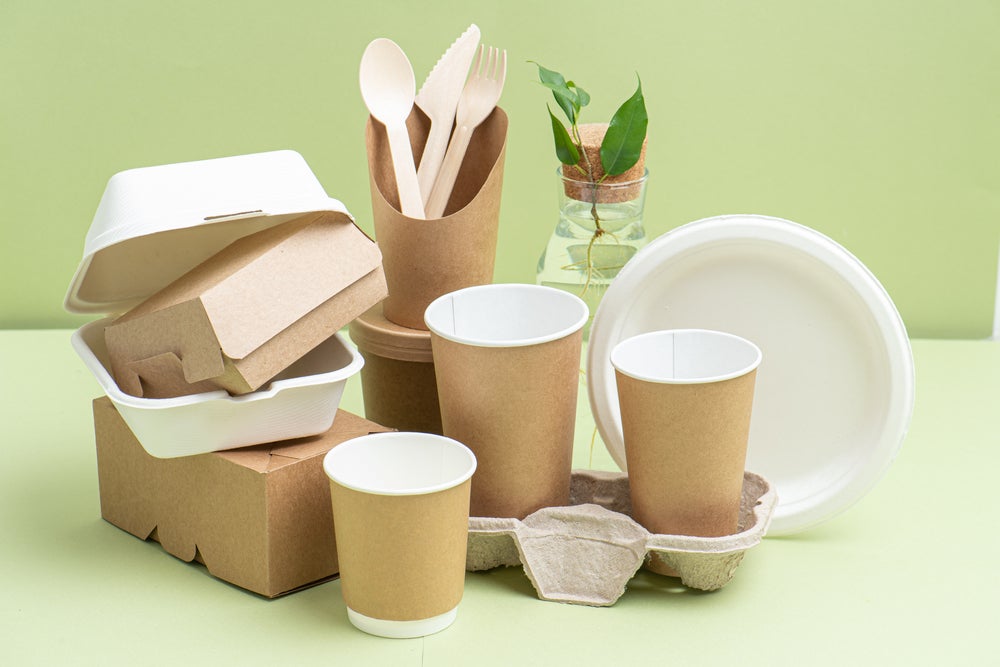The Indian state of Himachal Pradesh has announced the introduction of standardised apple packaging, marking a significant development for the state’s apple industry.
The move towards a universal carton system is set to replace the traditional per-kilogram selling norm with a fixed weight-based trading system, which will help address longstanding demands from both farmers and industry stakeholders.
The Himachal Pradesh Horticulture Department will soon launch a universal carton for apple packaging.
Previously, apples in Himachal Pradesh were packaged in 20kg cartons, a practice that faced opposition from the farming community.
Farmers advocated for a larger 30kg carton, leading to extensive discussions and the formation of a high-level committee. The committee, led by the state's Secretary of Agriculture and Horticulture, has now reached an agreement on the adoption of universal cartons.
The new packaging initiative aims to put an end to the practice of overpacking telescopic cartons. Previously, growers packed 28kg to 30kg of apples into 20kg cartons in pursuit of better prices.
While this practice can lead to higher returns, it also introduces the risk of including additional apples in the transaction.
The transition to universal cartons is intended to prevent such practices and protect growers from potential financial losses.
Himachal Pradesh Horticulture Minister Jagat Singh Negi said: “The horticulture groves have a prolonged demand that the apples not be sold on a per-kilogram basis; we fulfilled it by doing trade on a weight basis last year. The farmers raised objection and demanded that the 30kg could be packaged in carton boxes against the 20kg fixed by us.
“We have constituted a high level headed by the secretary of agriculture and horticulture. Today, we conducted a meeting with farmers and other stakeholders, including traders and corrugators about the packaging material production. We have reached a consensus that the universal cartons will be implemented.”















